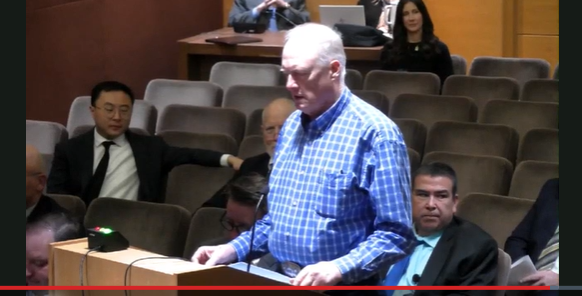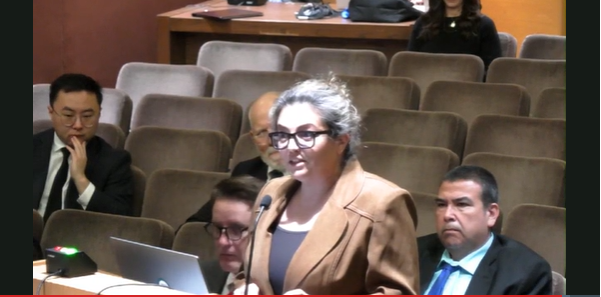For this November’s open meeting, Commission Shift followed agenda items concerning pipelines, injection wells, and public input.
Kinder Morgan (Item 2) requested and was approved for a waiver to increase maximum allowable operating pressures of a gas pipeline in a populated area including homes in Harris County. This is reminiscent of last month, when residents in the path of the Saguaro Connector Pipeline in West Texas asked the RRC for more support to ensure safety for people living near the pipeline, which will pass within 0.1 miles of a residential area. The commissioners insisted it was not in their jurisdiction to get involved with siting or eminent domain, and offered no solutions.
Meanwhile, commissioners approved multiple Class II disposal well permits in Howard and Dawson Counties (Items 7,8,10,11). RRC granted these permits despite seismic activity in the Howard County area, which is linked to pressure caused from injection wells. In fact, West Texas was rocked again this month with more man-made earthquakes. A recent Houston Chronicle editorial points out that though the RRC is supposed to oversee the oil and gas activity that’s causing increasing seismic activity, it “mostly neglects its responsibilities.” More injection well permit approvals, like we saw at this November open meeting, is a sign of this problem.
The Dawson County injection wells could also have negative fiscal and environmental impacts. Approved wells will be disposing waste water into the San Andres formation, the same formation that is causing wells to flow at 400 gallons per minute, forming Boehmer Lake in Pecos County.
The underlying thread we are seeing in this and other RRC open meetings is commissioners dodging responsibility for matters directly tied to oil and gas development, while exerting their voice and influence in matters beyond the scope of the agency.
For example, despite having no jurisdiction over education, one commissioner wrote to the State Board of Education earlier this month, urging them to reject science textbooks that covered climate change. And at their October 24th open meeting, we saw that the commissioners had used the agency’s legal resources to weigh in on two endangered species listings (including one in federal waters) – neither of which they have any authority over.
“Concern for personal and community safety” is in the Railroad Commission’s mission statement, so if the commissioners can weigh in on education or endangered species, then surely they can weigh in on pipeline safety matters they say are outside their direct authority.
In the public input section of the November meeting, rancher Schuyler Wight brought photos of a well that was not plugged all the way to the bottom, raising concerns it was insufficient to protect underground drinking water. Commission Shift’s Dr. Maria Reyes gave input on public engagement and accessibility.
Image: West Texas Rancher, Schuyler Wight gives public input at the November 2023 RRC Open Meeting.

Image: Commission Shift Executive Director, Maria Reyes, gives public input at the November 2023 RRC Open Meeting.

You can listen to the full public meeting here. The public input section begins at minute 16:56.
If you have X/Twitter, you can catch a recording of Commission Shift staff’s discussion of the open meeting.
And remember, don’t forget to RSVP to the December Open Meeting!
RSVP